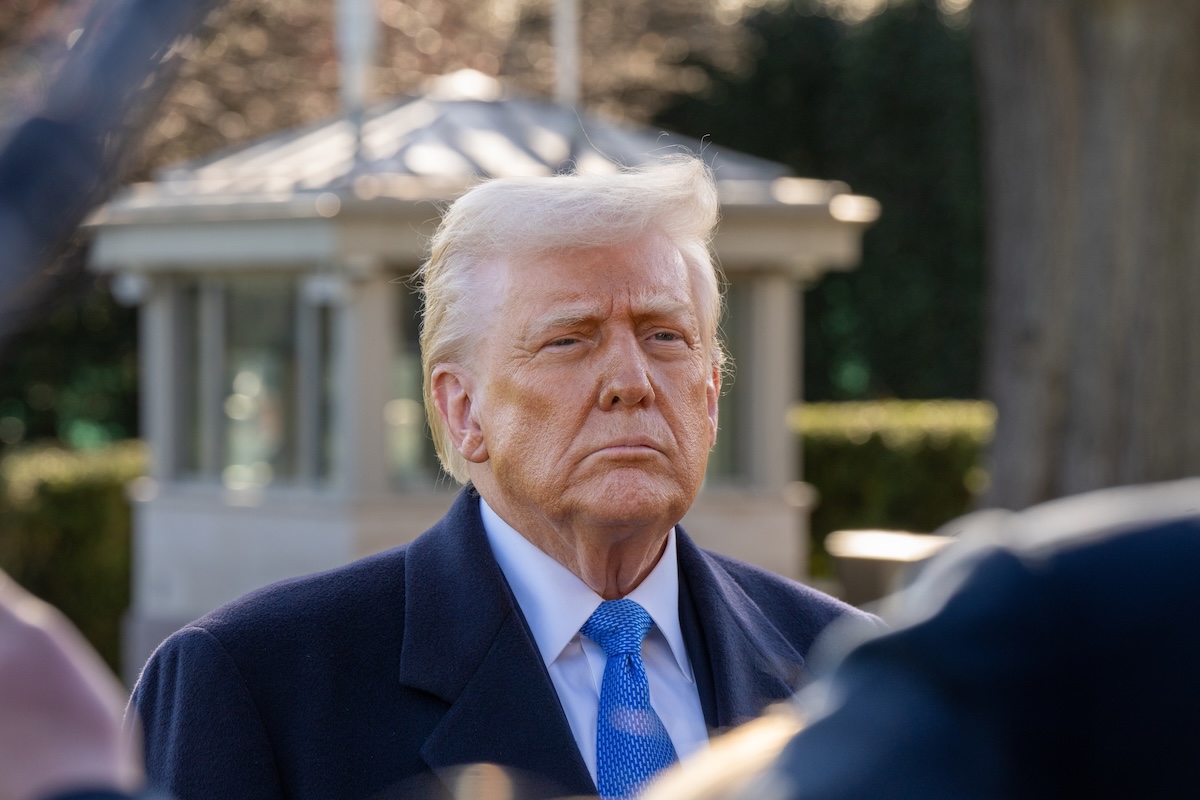
As President Trump moves to lock in sweeping tariffs on America’s trading partners, the impact is starting to ripple through the economy. From thinner paychecks to shrinking job prospects, everyday Americans are beginning to feel the squeeze.
While overall U.S. consumer spending managed a slight uptick in Q2, the real story is what Americans are cutting down on.
Spending on services — from airfare and hotels to dining out — fell every month last quarter, according to the Bank of America Institute. For context, it’s the first sustained decline since 2008’s financial crisis.
Credit card spending also slipped, marking the first quarterly drop in more than a year.
"If you were to say, 'what is the temperature of the consumer right now?' I would tell you that it's cooling but it's not frozen. It's not collapsing," said Liz Everett Krisberg, head of the Bank of America Institute.
Even without full-blown panic signals, the slowdown in service spending mirrors a growing weakness in the labor market.
Americans are finding jobs harder to come by, with the latest nonfarm payrolls report showing just 73,000 new hires in July. Worse yet, May and June figures were revised down by a staggering 258,000.
"I'm sure it was just an honest mistake when they overestimated it by 1,400% thirty days ago," quipped Spencer Hakimian, founder of Tolou Capital Management, taking aim at government data.
Christopher Rupkey, chief economist at FWDBONDS, warned that while the job market hasn’t collapsed, "it is badly wounded and may yet bring about a reversal in the U.S. economy's fortunes."
A self-inflicted wound?
The twin pressures of weaker spending and softer jobs are closely tied to Washington’s latest tariff offensive.
Last week, Trump finalized a sweeping set of duties ranging from 10% to 40% on trading partners from Cambodia to Switzerland. According to the White House, companies trying to dodge these duties by rerouting shipments will face an additional 40% penalty.
Former U.S. Deputy Trade Representative Wendy Cutler warned that the policy injects uncertainty into the economy, especially with no clarity on whether rules of origin will be renegotiated.
Stephen Olson, a former U.S. trade negotiator, echoed that concern, suggesting the economic pain may only worsen.
"More deals and further tariff increases are almost certain to follow," Olson said. "Countries wishing to trade with the U.S. will now face dramatically higher tariffs that could be further increased at the whim of a president who has shown a disdain for trade rules and agreements."
Your email address will not be published. Required fields are markedmarked